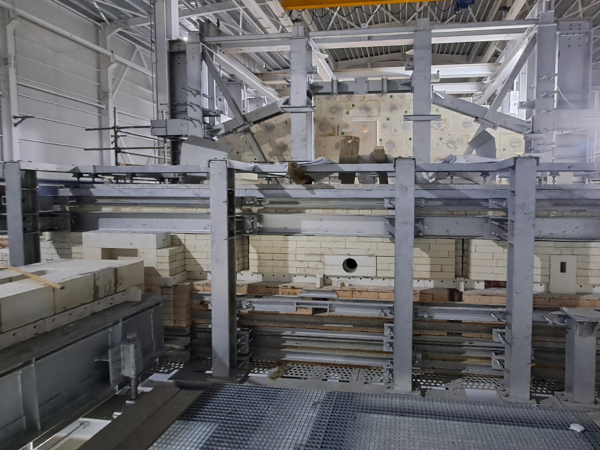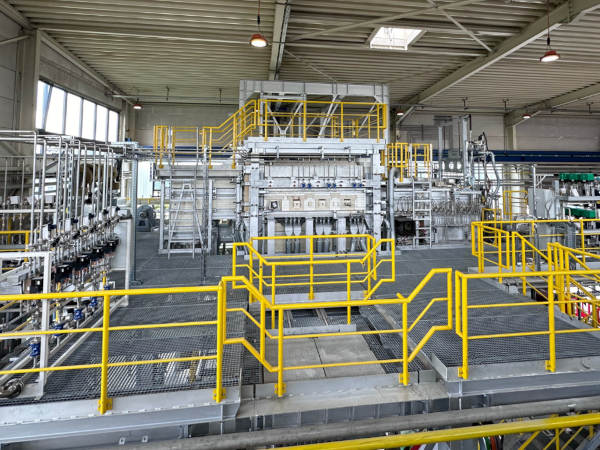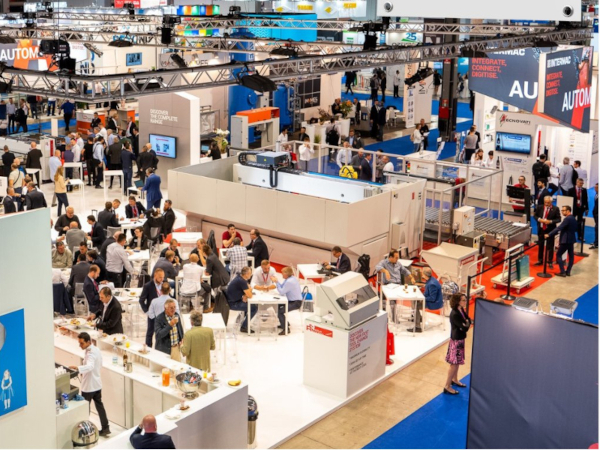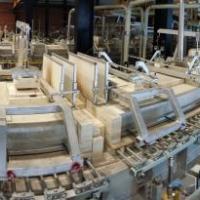Date: 2 August 2013
Of course, in this case exports are synonymous with success, with considerable impact around the globe.
It is common knowledge that Italy's machine-building industry is highly regarded around the world, with merit especially going to the high level of technology it can boast in the face of increasingly fierce global competition; competition, however, that is still far from being able to offer the excellent price-quality ratio achieved by Italy's production. So, if, on the whole, 2012 did not quite manage to make a comeback (the damage was limited to minus 0.6% compared to 2011), overall exports of machines grew by an excellent 2.2% -- a convincing show of the entire industry's strength in exports, which, in fact, weighed in at 76% of total sales.
.jpg)
A similar trend was exhibited by the glass processing machines, accessories and special products industry, as documented in the Industry Report just published by Gimav, based on processing of its own statistical data. In 2012, the glass industry clearly showed that it was in a position to maintain extraordinary buoyancy. Sales rose, up by 1.50% vs. 2011, with an extraordinary performance from hollow glass, with sales up by 9.72%. Combined, total sales for both flat glass and hollow glass sectors amounted to 1,114,967,549 Euros, and 77.99% of that was driven by exports.
.jpg)
Against this backdrop, Italy's market value remains rather low, and is still fraught with weakness, even though Italian manufacturers continue to be preferred providers. As already mentioned, demand on the Italian market emained dull, characterized by a downward trend since 2010.
.jpg)
Exports, on the other hand, are still performing well since the crisis in 2009, although their performance remained very fluctuating until the end of 2012. Overall growth was 3.44%: flat glass maintained the already positive positions attained in 2011, whereas hollow glass posted a remarkable +10.95% gain over the previous year. In general, the geographic areas of greatest impact are Europe as a whole (EU and non-EU), which alone claimed just under 50% of Italy's exports and regained its position as the leading destination, thanks above all to recoveries in non-EU countries and a lull in the recession in the Mediterranean countries; Asia with 23.10%, has really shifted into a lower gear compared to last year, when it was topping the ranking; North America (9.11%) and South America (10.33%) both showed extraordinary growth last year.
A ranking by country immediately shines a spotlight on the quantum leap made by Turkey which, by doubling its purchases over 2011, has become the number-one market for Italy's products; strong growth in the German market, a traditional export market for Made in Italy products; great strides were also made by Thailand and the United Arab Emirates. Outstanding in terms of underperformance, are China, which plummeted from first to 10th place, and India, that dropped from fifth to 14th.
Analysis of individual performance by the flat glass and hollow glass sectors confirms the general trend: the European market plays a pivotal role for both, thanks to Germany and Great Britain; North America held steady in terms of flat glass but showed extraordinary growth for hollow glass. By contrast, South America is poised for a re-launch of flat glass, especially in Brazil, and slowing down in terms of hollow glass. Asia's purchases of both have shrunk considerably, primarily due to China and India.
In conclusion, the general situation confirms that glass processing businesses are still exceptionally export-oriented, and this has led to brilliant results in the hollow glass sector. However, a recovery for the flat glass sector, too, is already making its appearance on the horizon, as evidenced by early results for the first quarter of 2013. Based on this initial data -- which are of course, partial when considering the economy of an entire year, they still offer interesting insights as we begin to assimilate the changes under way -- the trend of ups and downs of the last few years seems to be flattening out. If the next few months confirm this change, it will mean that businesses can begin to implement a strategy of medium and long range planning once again. To come out of the tunnel, once and for all.










Add new comment